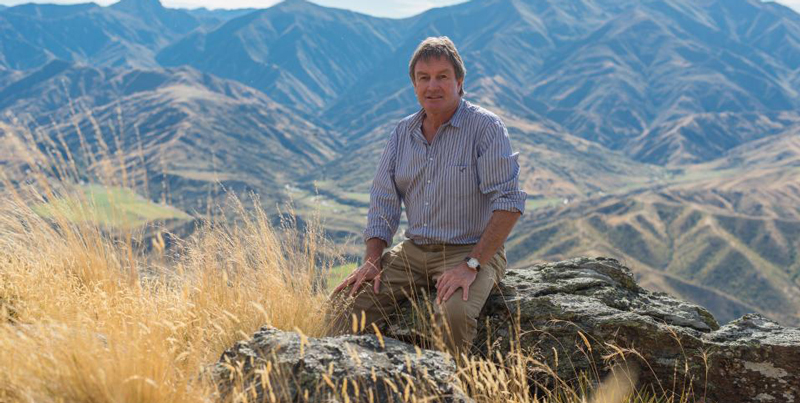Developed by wool innovators Lanaco, Astino sheep are bred specifically for the company’s premium, wool-based healthcare products – offering farmers the opportunity for better wool returns.
Breeder Andy Ramsden says Astino represents a positive step-change in the industry.
“It’s increasingly clear that supplying generic wool on the open market is not sustainable. The way forward for farmers is twofold – transitioning to innovative new breeds that are branded and controlled and forming partnerships with manufacturers like Lanaco, who have the global reach and marketing capability to earn a premium”.
Coinciding with the launch of the trademarked breed is the opening of Lanaco’s new Auckland facility, an end-to-end research, product development and manufacturing hub.
The facility, which also houses Lanaco’s partner Healthy Breath Ltd, is a long-term investment that gives the company control of the entire supply chain – from woolshed to shop window.
Lanaco CEO Nick Davenport says the breeding programme, manufacturing facility and partnership are critical to producing a premium product and capturing value in the supply chain.
“The road to high-value starts with on-farm breeding innovations developed for specific high-end products. At our Auckland facility, we maintain control of the integrity of the product and through partnerships we gain access to markets where our wool makes an immediate, positive impact on customer health.”
“This is what moving up the wool value chain looks like,” says Davenport.
The Astino breed was developed specifically for products like Lanaco’s signature Helix Filter, the key component in products like Healthy Breath Ltd’s MEO Mask, an anti-pollution facemask recently launched in several Asian markets.
The breeding objectives of Astino include a wool with unique filtration benefits, a target lambing rate of two per season and market-leading carcass characteristics.
Ramsden, founder of the Headwaters breeding group and developer of the Highlander breed, encourages South Island farmers to consider the Astino.
“The future for farmers is up the value chain. Better returns are a result of aligning breeding and business decisions with the end-product in mind. That means transitioning to a premium, trademarked breed and partnering with a manufacturer that can build a value proposition around the raw material and take the final product direct to high-end consumers the world over.”




